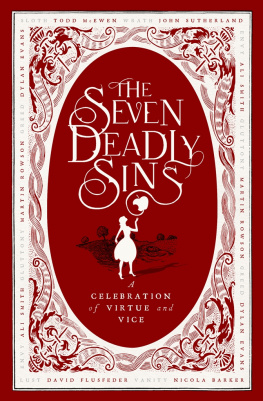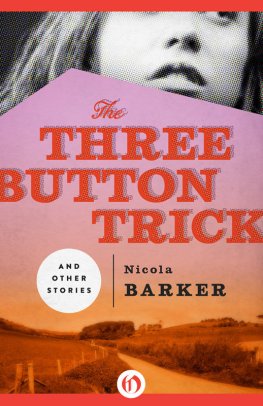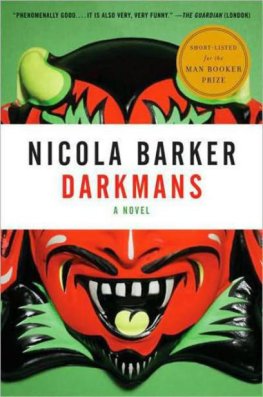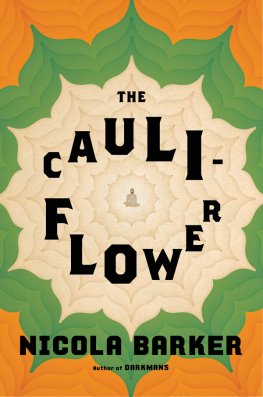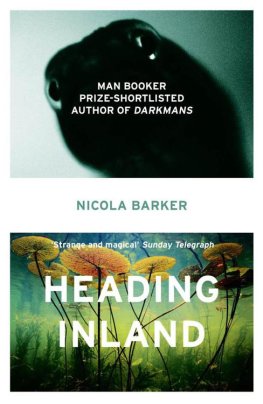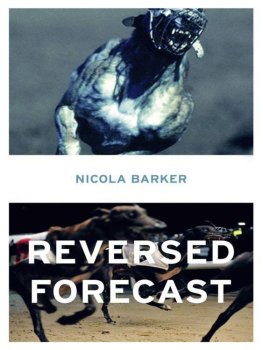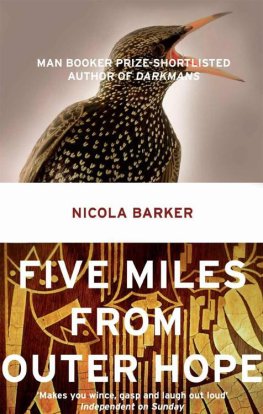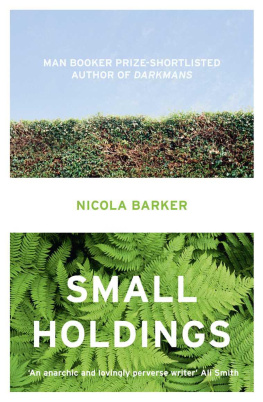THE SEVEN DEADLY SINS

Two things awe me most, the starry sky above me and the moral law within me. Immanuel Kant
The more successful the villain, the more successful the picture. Alfred Hitchcock
Has sin disappeared? Certainly the furious God described in John Sutherlands survey of wrath, who could barely let a day go by without seeking retribution for humanitys misdemeanours, has retreated from view, presumably deafened by our collective complaint: O Lord, youre really stepping on my buzz. Were a little easier on ourselves these days; should someone, perhaps in the process of opening up to you, confide that theyre feeling a bit guilty about something theyve done, or not done, or said, or not said, then your reply might default to a variation of: Come on: dont beat yourself up about it. In fact, if you didnt, youd run the risk of being accused of being unsupportive, itself a tributary of one of the modern sins.
Clearly, its not the case that transgressive behaviour has ceased to exist; more that weve found ways to deal with it that dont catapult us so swiftly into the crime-and-punishment grid of Judeo-Christian theology. Sometimes its repackaged and relabelled; frequently dissected so that we might examine its genesis and its complex evolution; occasionally subjected to vigorous reclassification so that it finally emerges as not sinful at all. Historical context, social conditioning, cultural differences, psychiatry and psychology all make their appearance in our quest to establish, for once and for all, to anyone who might be listening, that, really, truly, we havent done a thing wrong.
Is this so dare I use the word? bad? Not many of us, surely, would stampede to the polls to vote for a return to the dreadful old days when schoolboys lived in fear of blindness, helping yourself to an extra chocolate after dinner required full-scale weeping and gnashing of teeth and you could buy flails and scourges by the dozen. And thats before you even get on to the really serious Ten Commandments stuff, such as coveting thy neighbours wife (now helpfully rebranded as swinging; not sure how the oxen and the ass fit in).
Perhaps not. But downgrading the very idea of deadly sin the seven have, after all, lasted in one form or another for an impressively long time brings its own problems. Not least: amateurism. In the absence of a wrathful deity, everyones an expert. Each day and each night, our online communities swarm with witchfinder generals on the hunt for imperfect behaviour, travelling alone but sometimes joining forces to shine a light on those they deem miscreants. They have proved that judgementalism is perhaps the most powerful rocket fuel available to us, although it appears to react badly when mixed with an unexpected apology or the production of contrary evidence or, most damagingly of all, a more potent brand of righteousness.
What does this tell us? It has, rarely, to do with genuinely vicious or aberrant behaviour, in the face of which we still tend to defer to traditional, institutional authority; it appears to cohere far more readily to trivial offences, or to questions of taste and propriety. Is it, then, simply a reflection of our uneasy feeling that someone, somewhere needs to be in the wrong to keep the morality seesaw perfectly balanced? Or an expression of our fear that a life without sin and the consequent chastisements is a life dizzyingly free of boundaries?
The writers in this anthology demonstrate that, in the modern world, sin is a complex business; indeed, a preliminary defining of terms is often very much in order. David Flusfeder, for example, argues in his memoir of a complicated romantic entanglement that lust is sexual desire with a bad press agent (he also demonstrates that taking the object of your affection to watch drugged sharks swim around a cramped tank isnt the best guarantee of success). And Todd McEwen, despite his pronouncement that were all in hell anyway and already, is at pains to point out that sloth is quite different from straightforward laziness; a slothful person can be terribly busy (even if theyd probably prefer not to be). We hope that he recovers from his endeavours soon, although were not optimistic given his admission that after any great mental or physical effort I tend to pant, for two or three years, before attempting anything further.
For Dylan Evans, who defends greed against its many detractors, that effort might be a defining human characteristic; his piece speaks up for those who prefer life on the treadmill than life in a hammock. Some people want more than others, he writes. Is this a defect in those who want more, or in those who want less? A tricky question to answer, though wanting less would have done both of the two prodigious eaters in Martin Rowsons graphic depiction of gluttony a bit of good. Not a piece for anyone with a weak stomach.
It is often the case that fiction can sneak up on a subject and take it by surprise; and so it proves in both Ali Smiths story The Modern Psyche and Nicola Barkers Young Versus Old. Smiths exploration of envy spirals out of a ribbon of discarded orange peel, taking in Ovid and Melanie Klein on the way, and producing a splendid inversion. Envy, as one of the characters in her two-hander confidently declaims, is not about wanting what belongs to someone else; mostly its about wanting the other person not to have what he or shes got. And in Barkers clear-eyed if typographically exuberant look at that most contemporary of sins, vanity, what people want and probably want others not to have is youth and eternal life. But do they know what theyre asking for?
This book is not one to be read in the spirit of Puritanism; it will respond far more happily to the silk kimono than the hair shirt. That is not to say that we do not encourage rigour and thoughtfulness. The more elusive sin seems to be, the more difficult to define and the more minutely anatomised, the more fascinating it is. But reading does not itself seem to have been outlawed, so indulge yourself. As the good book has it, let us eat and drink, for tomorrow we die.
Alex Clark
October 2012

Todd McEwen
C HUMLEY : I know where Id go. Id go to Pittsburgh. Theres a roadhouse outside Pittsburgh, in a grove of maple trees. Cool green beautiful. Id go there with a beautiful young woman. A strange woman. A quiet woman. I wouldnt even want to know her name. I would send out for some cold beer. Id tell her things things that Ive never told anyone. Things that are locked in here. (Beats his breast.) Id want her to stretch out a soft, cool hand and stroke my head and say, Poor thing! Oh, you poor, poor thing!
E LWOOD : How long would you want this to go on?
C HUMLEY : Three weeks.
E LWOOD : Cold beer, Pittsburgh and Poor, poor thing for three weeks? Wouldnt that get a trifle monotonous?
C HUMLEY : No, no, it would not. It would be wonderful!
Mary Chase, Harvey
Is it really a sin, dear friend, sitting here, looking at the river? The qualities of water in summer. A sin? I dont think so. An investigation. And were all in hell anyway and already. Arent you in hell? Yes you are. So the idea that these things, these sins can get us damned, rather than tickled, or reprimanded at the most, is pretty silly. Worse than silly disingenuous. Sin!
But in contemplating sloth Ive become terrified. Have I got it? Did I already have it, or have I acquired it through contemplating it?

